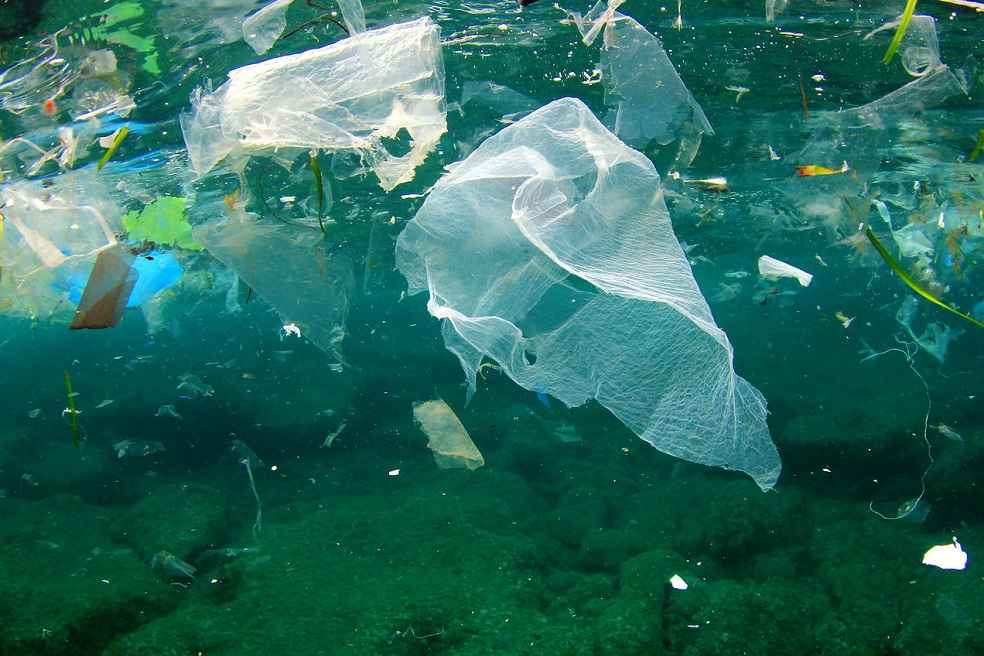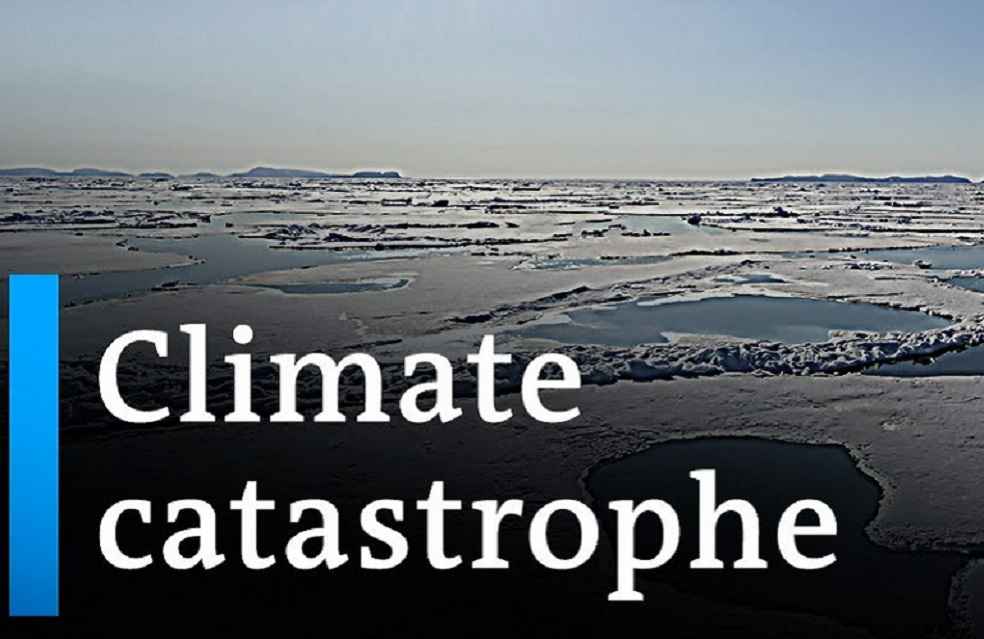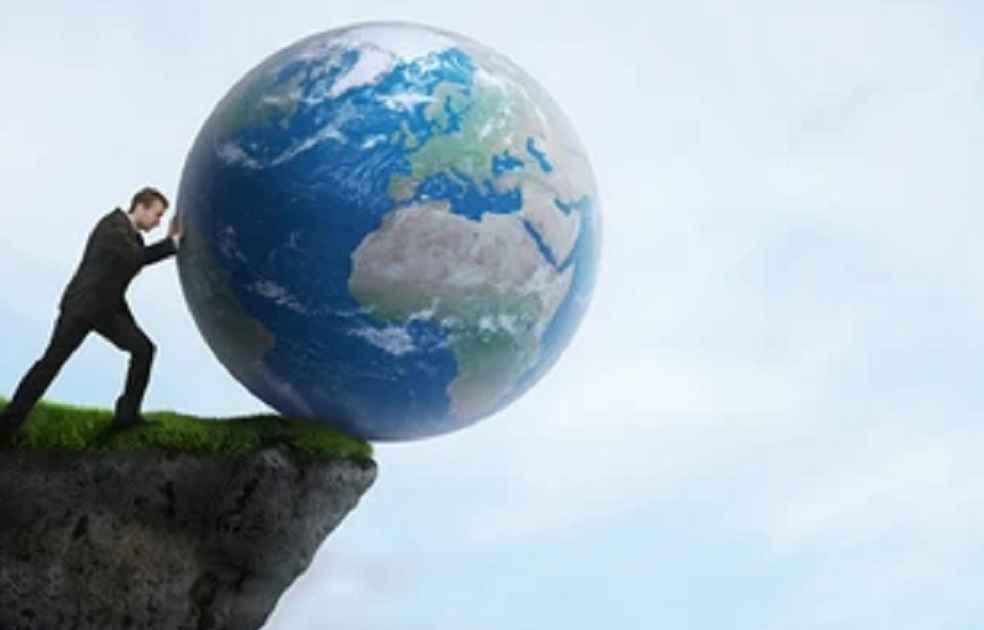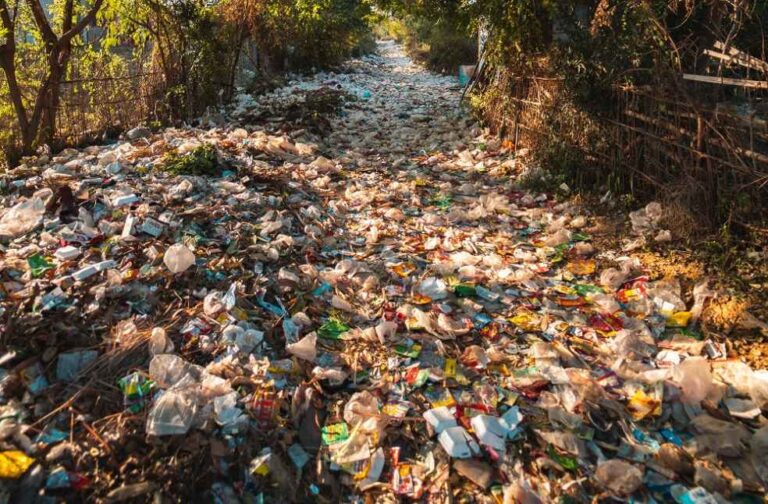The shopkeeper will typically pack your purchases, such as food or clothing, in a shopping bag for you when you buy something. You’ll drop the grocery bag in the outside litter as soon as you come home. The most frequent method that plastic bags wind up endangering the ecosystem is in this way.
Plastic pollution is a significant problem that affects the entire world and necessitates an immediate, global response.
The COVID is having a negative impact on efforts to reduce plastic pollution since throwaway masks, gloves, and other protective gear usage is on the rise. Plastic does not, however, automatically make something hygienic and secure.

Due to its dependence on fossil fuels and significant expenditures in petrochemical infrastructure in strategic parts of the world, the production of plastic continues to soar. Despite the fact that fossil fuels account for 99.9 percentages of the raw materials used to make plastic, these sectors are interconnected.
Plastic pollution includes all of the chemicals that are added to plastics, many of which are known to be harmful to both people and the environment. It also refers to the plastic particles themselves. It’s critical to take chemical additives, plastic debris, and micro- and nano plastics into account when evaluating the effects of plastics.
BIG THREAT TO BIODIVERSITY

Ecosystems, animal, and plant species are put in danger, which hinders their capacity to provide vital services to humanity. The effects of plastic pollution on freshwater and terrestrial ecosystems have not received as much attention as those of plastic pollution in the ocean and its effects on marine life. Indeed, at many stages of the plastics life cycle, plastic and chemical leakage into the environment is possible, and the resulting contaminants are dispersed throughout the world by air and ocean currents.
CLIMATE CATASTROPHE
Plastic production is closely related to the fossil fuel industry because fossil fuels make up 99% of the raw materials used to make plastic. From now until 2030, petrochemicals are anticipated to be the main factor driving the increase in the world’s oil demand.

The ability of the international community to maintain global temperature rise below 1.5 degree Celsius is threatened by greenhouse gases (GHG) that are released during the life cycle of plastic. Attempts to minimize carbon pollution and avert a global climate catastrophe are undermined by the plastic industry’s explosive global growth, which is mostly supported by natural gas. By 2050, GHG emissions from plastics might account for almost 13 percentage of the remaining carbon budget, according to estimates.
HUMAN DESTRUCTION
Along the whole plastic lifespan, humans are exposed to a wide range of hazardous compounds and micro plastics through inhalation, ingestion, and direct skin contact. An average person may be consuming 5 grammes of plastic on a weekly basis, according to Word Wide Fund (WWF).

Even though research on the health effects of plastics is still in its infancy, the evidence thus far suggests that the contaminants and harmful chemical additions present in plastics pose a global threat to human health. The development of cancer and the alteration of hormone action (known as endocrine disruption), which can impede growth, reproduction, and cognition, are examples of scientifically documented health repercussions.
Even if you make every attempt to carry a reusable shopping bag with you when you out on errands, a last-minute trip or purchase may result in you taking home yet another plastic bag.
Even while tossing plastic bags in the trash may seem harmless, they won’t dissolve for hundreds of years since they aren’t biodegradable. Utilizing the recycling of plastic bags is your best option.



